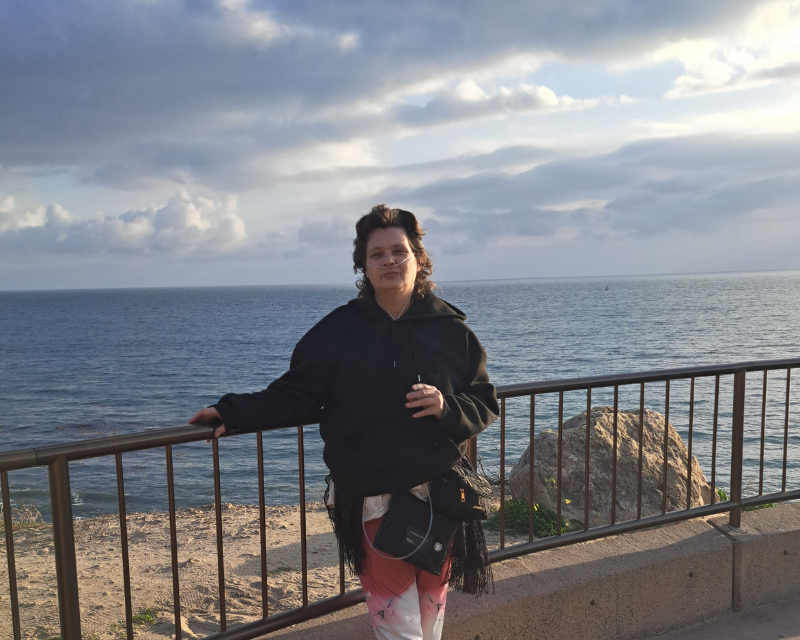
Earlier this year, the Connecticut General Assembly passed a new human trafficking law, Public Act No. 16-71 — the first of its kind in the United States. The law aims to give the police and prosecutors stronger tools to go after hotels and motels where both child and adult victims of human trafficking are often recovered, to deter traffickers and those buying illegal sex and labor from children and adults, and to raise awareness of human trafficking for those most likely to encounter a victim.
The creation and passage of this law resulted from a collaborative process with input from a variety of stakeholders throughout Connecticut. At the center of it all was Connecticut’s Trafficking in Persons (TIP) Council, a diverse group whose members come from State agencies and the public sector. TIP is committed to preventing and addressing human trafficking. Driving this process was the council’s desire to create a law that would lessen the prevalence of sex and labor trafficking in hotels and motels. Council members knew that, if they wanted to be successful, they would have to acknowledge that when it comes to preventing trafficking in hotels and motels there are two sides to the same coin — establishments that don’t realize what human trafficking is or that it takes place on their property, and those who most certainly know about human trafficking and reap a financial benefit from allowing it to take place.
Before the passage of the new law, Connecticut police and prosecutors only had one tool at their disposal, a criminal charge of “permitting prostitution.” Unfortunately, based on the frequency with which we know human trafficking takes place, this charge was being under-utilized.
The New Law Brings Necessary Changes
As of October 2016, all hotel and motel staff in Connecticut will receive mandatory training on how to recognize victims and activities commonly associated with human trafficking. This will make it harder for an owner of a hotel where prostitution and human trafficking are known to take place to feign ignorance when confronted by the police. It also gives those owners and staff who don’t know about human trafficking concrete action steps they can take to deter traffickers and connect victims to services. The new law also requires hotels and motels to keep track of all guest transactions and receipts, severely impeding the practice of hourly room rentals to no-name “johns.” Connecticut is trying to send a strong message that the selling of children and adults for sex or cheap labor will not be tolerated.
Krishna Patel, the General Counsel & Justice Initiative Director at Grace Farms Foundation in Connecticut who helped draft amendments to the law, explained how significant this really is to the fight against human trafficking in her state:
“With the passage of Public Act No. 16-71, we have a measure that puts teeth into existing laws and supports the enforcement and prosecution of those who deal in human trafficking. The act also makes Connecticut the first state to require hotels and motels to keep guest records, and to train staff on how to identify signs of human trafficking and report suspected crimes, creating a foundation for how to model collaborative, community-based efforts to end human slavery.”
The law goes one step further in an attempt to bring awareness to the public and possible victims of human trafficking by requiring all hotels and motels to post a notice about what human trafficking is and how to obtain help by contacting the National Human Trafficking Resource Center (NHTRC)* hotline. The notice must be posted in plain view where sales are carried out. Often, victims of human trafficking are kept isolated, so having the national human trafficking hotline number visible in a hotel or motel lobby might be a victim’s only lifeline to safety.
This strong new law can serve as a model for the rest of the nation. By raising awareness about trafficking and disrupting the conditions that allow it to occur in hotels and motels, Connecticut is making it harder for traffickers to operate and helping victims obtain the services they need.
*The NHTRC is now the U.S. National Human Trafficking Hotline.
Jillian Gilchrest is the Chair of the TIP Council, as designee of the Commission on Women, Children, and Seniors and Director of Health Professional Outreach at the Connecticut Coalition Against Domestic Violence.


